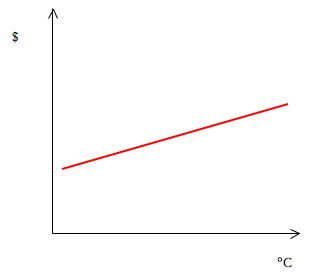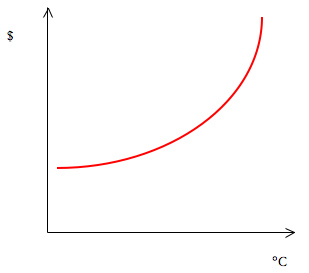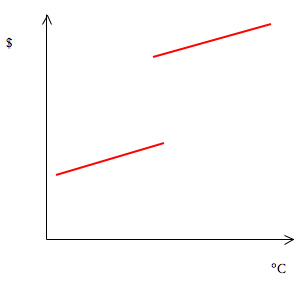In a complex world, understanding risk and responding to it properly is an essential human skill. Every kind of important decision involves it: from making choices about where to get electrical power to deciding whether to walk home through a dark city or let your children use the internet.
The manipulation of risk-related thinking is an increasingly obvious trend, with two major facets. The first is manipulation of the data upon which people base their decisions. The media, for instance, grossly exaggerates many risks. Rare phenomena, by definition, are news. Things that happen all the time (car crashes, domestic abuse) are not. As such, we worry about serial killers and terrorist attacks, when there is a vanishingly small chance either will ever harm us. Even worse, some campaigns actively deceive so as to try and achieve political ends; one particularly harmful example is education systems that misrepresent the effectiveness of contraceptives in hopes of encouraging teenagers to refrain from sex. Such campaigns are both unacceptably patronizing and quite obviously harmful. Another obvious example is the cultivation and exploitation of fear, on the part of governments, as a mechanism for securing increased power and freedom from oversight and criticism.
Such campaigns blend into the second trend: a denial that risk-related decisions must be made at the level of individuals. A natural trend of those in charge is to strip people of their ability to choose, for any of a number of reasons. There are times at which it is reasonable to force people to take certain precautions. Requiring people to have car insurance is a good example. Such cases, however, must be evaluated through public legal and political scrutiny, and justified on the basis of arguments that are critiqued and data that are legitimate and verified.
The intelligent solution is to teach good risk-related thinking. That means learning how to identify the agendas of those providing information. It means having tools to make reasonable assessments of logical arguments, as well as supporting data. That means not keeping people ignorant or keeping essential information secret. And it means teaching a perspective of individual empowerment, where the reality of trade-offs between different risks is acknowledged. Alas, it seems unlikely that such an approach is likely to be widely adopted.






